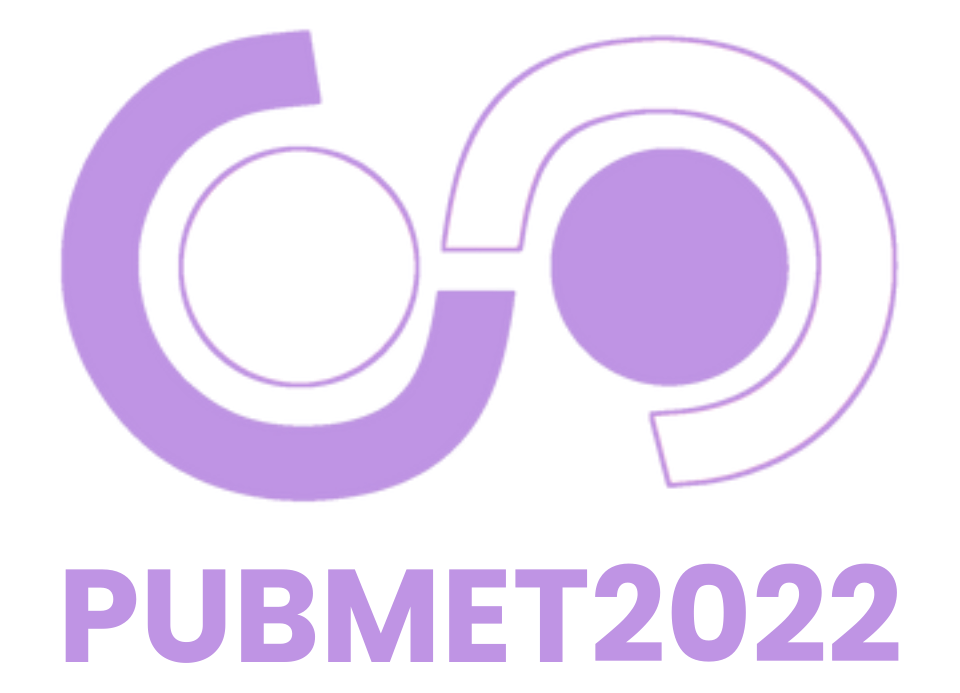Raising efficiency and effectiveness in scholarly communication – example of the Bridge of Knowledge platform from Gdańsk University of Technology

Nowadays, the concerns for scholarly communication activities are highlighting its complexity (Baffy et al., 2020). Researchers need support in many areas, such as disseminating research findings in the open way (both publications and research data), promoting scientific output, or preparing Data Management Plans (DMPs). Scholarly communication is constantly evolving by introducing new phenomena such as Plan S, open peer review or data citations shaping the academic environment. Publication activities significantly impact researchers’ gaining recognition and prestige where scholars are significantly looking for support from Libraries.
Changes in scholarly communication and the problematic worldwide situation caused by COVID-19 are shaped by the new dissemination channels as well as openness in publishing results. Those issues influence discussion among stakeholders, such as researchers, publishers, funders or librarians, on modern scholarly communication practices (Cuevas Shaw, 2021).
To meet the scholarly communication landscape changes, the Gdańsk University of Technology (Gdańsk Tech) Library was actively involved in two projects that raised effectiveness and efficiency in sharing and disseminating research findings. The first one was Multidisciplinary Open System Transferring Knowledge. The acronym of its name in the Polish language is „MOST Wiedzy”, which means „the bridge of knowledge”, and it was primarily based on the introduction of the open-access infrastructure for the academic community (Wałek & Lubomski, 2017). The second one – the Bridge of Data, was established to support researchers in their activities regarding different layers of research data management. All our websites and services are available through the MOST Wiedzy platform. The project was unique in this part of Central and Eastern Europe, and in addition, it included the launching of the Open Science Competence Center situated in the Gdańsk Tech Library.
Our infrastructure composed of a CRIS system, repositories (publications, OA publications, and research data), and services that support scholarly practices let us establish a platform for managing and promoting scientific output. This platform gradually shifts and develops with new functions according to the recent transitions in the scholarly communication environment (such as Plan S, evaluation units, and academic ranking). However, the multitude of changes and regulations related to open science and intellectual property rights is an undoubted challenge for us, shaping and guiding our platform’s further development. By working with and for researchers, let Gdańsk Tech Library have an insight into the process of conducting research that results in tailor-made infrastructure that is one of the most important benefits for us. At the same time, our Competence Center offers customized services to upgrade research, digital and information skills by organizing webinars and training, interactive knowledge hubs, or professional working groups and networking. The practical skills acquired by scientists during the training result in the better and more effective use of the available infrastructure (e.g. well-filled metadata).
In this paper, we would like to overview the scholarly communication support work currently undertaken by Gdańsk Tech Library and show its importance and influence on increasing effectiveness and efficiency in academic activities. Firstly, based on the literature review, we will identify the main scholarly communication activities(e.g., creation, publication, dissemination and discovery of academic research, applying for research funding, writing DMPs, cross-checking requirements of Plan S, assessment & impact metrics). After that, the mapping process against the offered support and infrastructure (e.g. institutional repository, research data repository, training, copyright service) will be conducted. In addition, the analysis will let authors identify the areas that still need support and development. Resolving the challenges involved with scholarly communication support requires non-standard thinking to meet the goal of constant innovation.
The findings from this study can be important for understanding the changes in scholarly communication and the role of the modern library in creating support services. Building such a support infrastructure and simultaneously being part of the culture change that offers openness in science is challenging and far-reaching.
Magdalena Szuflita-Żurawska
Gdańsk University of Technology Library
Gdańsk, Poland
ORCID ID: https://orcid.org/0000-0002-1490-8234Anna Wałek
Gdańsk University of Technology Library
Gdańsk, Poland
ORCID ID: https://orcid.org/0000-0001-8782-013X

